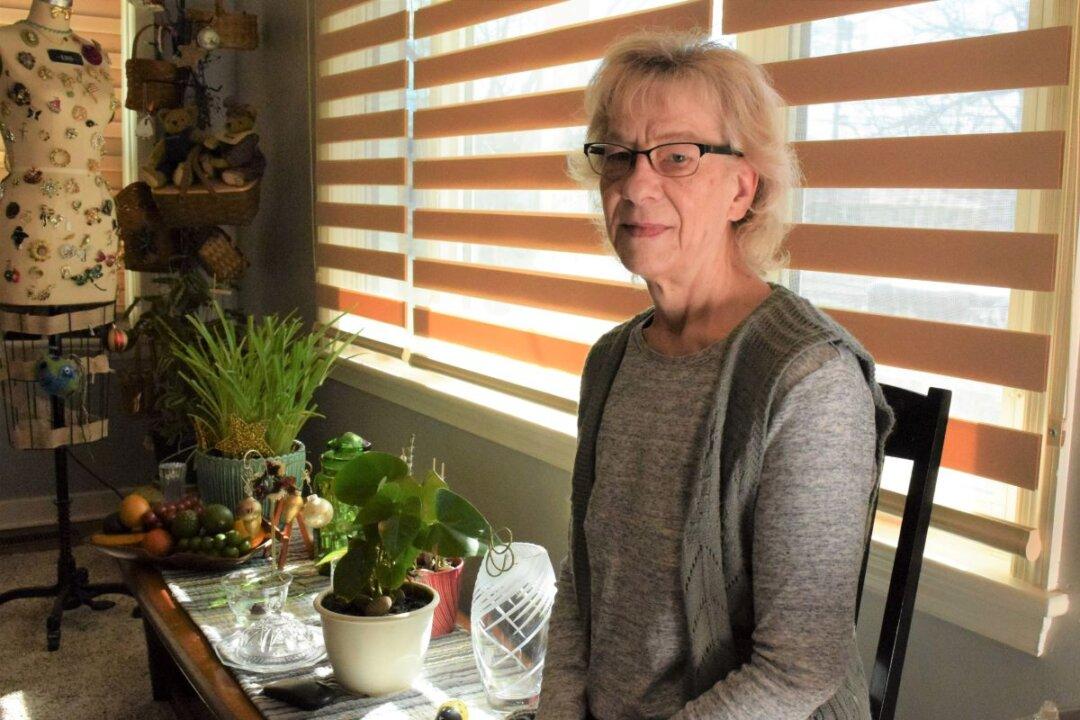Rayne Barton vividly remembers a day when she was 5 years old, playing with other little girls near the train tracks in the city of Lancaster, Pennsylvania. Her own house was nearby, and her aunt lived around the corner. On this day, a large group of teenage boys came upon the girls, separated them, and assaulted them.
They threw Barton down on her back in the dirt. Two boys held her legs, and another sat on her waist and held her down at the elbows.





